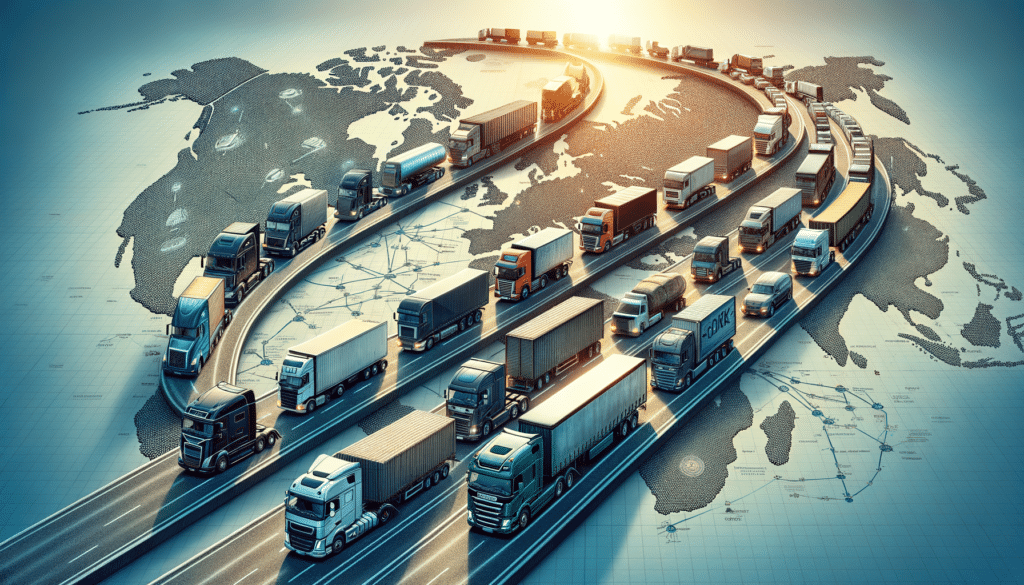Introduction to Truck Trucks
Truck trucks, often referred to as the backbone of the logistics industry, are essential for transporting goods across vast distances. These vehicles have evolved significantly over the years, adapting to the changing demands of global trade. From humble beginnings as simple cargo carriers, truck trucks have become sophisticated machines equipped with advanced technology. Their importance in the supply chain cannot be overstated, as they ensure that products reach their destinations efficiently and safely.
The Evolution of Truck Trucks
The journey of truck trucks began in the early 20th century with the invention of the internal combustion engine. Early models were basic and lacked the power and efficiency of modern trucks. As technology advanced, so did the design and capabilities of these vehicles. Today, truck trucks are equipped with powerful engines, aerodynamic designs, and state-of-the-art safety features. The introduction of electric and hybrid models is a testament to the industry’s commitment to sustainability and reducing carbon emissions.
Impact on the Economy
Truck trucks are a critical component of the global economy. They facilitate trade by moving goods from manufacturers to consumers, supporting industries such as retail, agriculture, and manufacturing. The trucking industry provides millions of jobs worldwide, contributing significantly to economic growth. Key economic impacts include:
- Employment opportunities for drivers, mechanics, and logistics professionals.
- Support for auxiliary industries such as fuel, maintenance, and insurance.
- Influence on infrastructure development, including roads and highways.
Technological Advancements in Truck Trucks
Modern truck trucks are marvels of engineering, incorporating cutting-edge technology to enhance performance and safety. Innovations such as GPS tracking, automated driving systems, and telematics have revolutionized the industry. These technologies allow for real-time monitoring of vehicle conditions, route optimization, and improved fuel efficiency. Furthermore, advancements in materials science have led to lighter yet stronger truck designs, increasing payload capacity and reducing wear and tear.
Challenges and Future Prospects
Despite their many benefits, truck trucks face several challenges. Environmental concerns about emissions and fuel consumption have prompted the industry to explore greener alternatives. Additionally, the shortage of skilled drivers poses a significant hurdle. However, the future looks promising with the advent of autonomous trucks, which could transform logistics by reducing labor costs and increasing efficiency. The continuous push for innovation ensures that truck trucks will remain a vital part of the transportation landscape.




